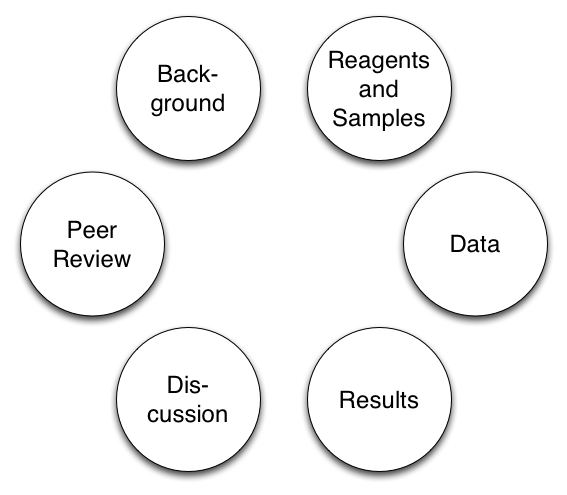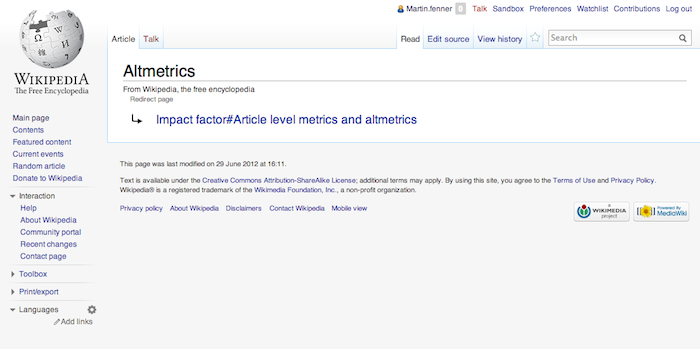
I think it is fair to say that commenting on scientific papers is broken. And with commenting I mean online comments that are publicly available, not informal discussions in journal clubs or at meetings. This definition would include discussions of papers on social media such as Twitter or Facebook. Why do I think that commenting is broken? * the number of papers with online comments is low.




